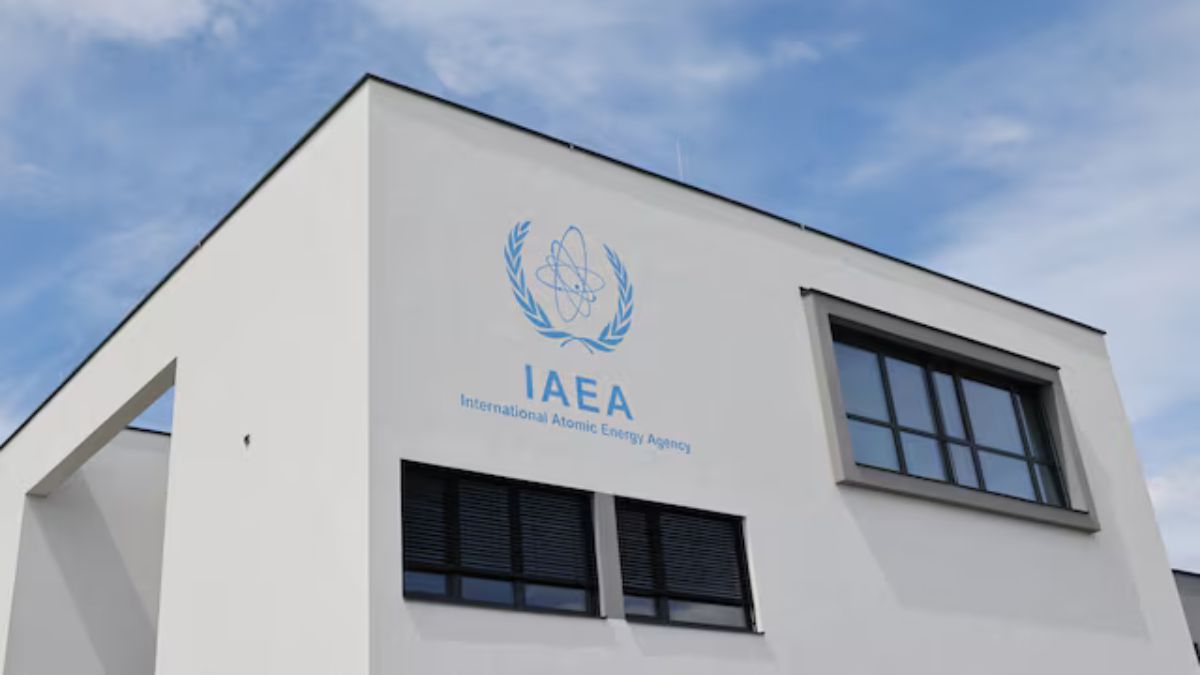Iran used secret nuclear material for tests? UN watchdog sheds light in confidential report

Iran has previously carried out secret nuclear experiments with material it has not yet disclosed to the International Atomic Energy Agency (IAEA), according to a confidential report from the UN nuclear watchdog, as per a Reuters article.
The report, sent to IAEA member nations, spoke of three locations—as well as “possible related locations”—in Iran, where structured nuclear programs were carried out using undeclared nuclear material in secrecy “until the early 2000s”.
This comes amid Western pressure on the UN nuclear watchdog at its next quarterly meeting to declare Tehran in breach of its nuclear non-proliferation obligations for the first time in two decades, reports say, citing diplomats in the know.
ALSO READ | Iran declares no quick US nuclear deal in sight: 'Talks serve dignity, not surrender'
This unified public pressure is likely to complicate US-Iran nuclear negotiations, which are already deteriorating.
As recently as Thursday, senior Iranian officials emphasised that any nuclear agreement with Washington would require sanctions being lifted and the country's rapidly advancing nuclear programme being allowed to continue—which Tehran upholds as its “nuclear rights”.
Ali Shamkhani, a top advisor to the country’s supreme leader, Ayatollah Ali Khamenei, even stated in an X post that previous US presidents had “fantasies” about destroying Iran’s nuclear infrastructure, for which he warned that Iran had strong defenses and “clear red lines”.
ALSO READ | 57% Americans support Trump's plan to bomb Iran. Poll reveals what US thinks of Iran threat
“Talks serve progress, interests, and dignity, not coercion or surrender,” he explained.
The US, on the other hand, does not back down either, with Trump repeatedly threatening airstrikes targeting Iran's nuclear program if a deal isn't reached soon.
The fifth (and most recent) of US-Iran negotiations at Oman took place on Friday, with only “some but not conclusive progress” made, explained Oman's Foreign Minister Badr al-Busaidi, one of the mediators involved.
Middle East